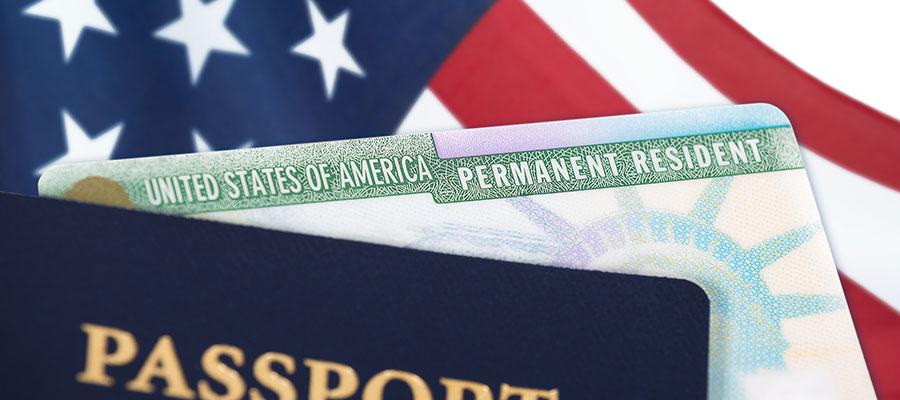Survey: Many immigrants fear benefits will risk future green card status

Around one in seven immigrant adults or their family members did not participate in a government benefit program in 2018 for fear of risking future green card status, including one in five low-income families, according to a recent Urban Institute survey. A proposed rule issued by the Department of Homeland Security last year would limit the ability of legal immigrants to adjust or extend their immigration status or gain full citizenship based on their receipt of Medicaid, the Medicare Part D low-income subsidy, Supplemental Nutrition Assistance Program (food stamps) and select housing programs. The AHA has urged the agency to withdraw the rule.
Related News Articles
Blog
Exploring and developing a better understanding of the social determinants of health is becoming standard in medical education and training. Social isolation…
Headline
More than 1,000 people gathered May 7 for the AHA Accelerating Health Equity Conference in Kansas City, Mo. During this afternoon’s opening session, Joanne M.…
Chairperson's File
In today’s episode, I talk with Lynn Todman, vice president of health equity and community partnerships at Corewell Health. Our discussion focuses on the many…
Headline
Women with health-related social needs such as food insecurity, housing instability and lack of transportation were less likely to report receiving a mammogram…
#HealthCareInnovation Blog
Community health workers have become an essential component of RUSH University Medical Center’s efforts to minimize inequities in health and life expectancy.…
Headline
President and CEO John Chessare, M.D., shares how GBMC HealthCare began investing in its Baltimore community by specifically focusing on social determinants of…

